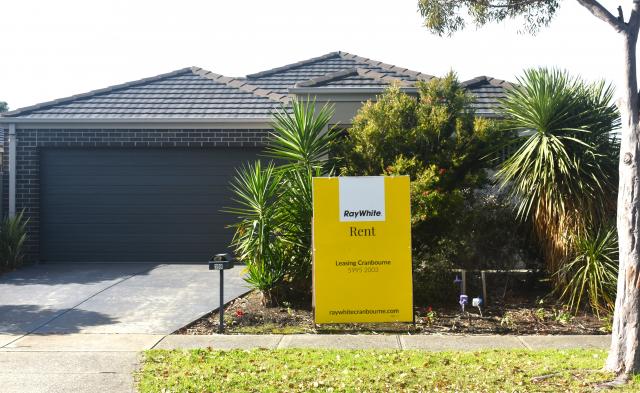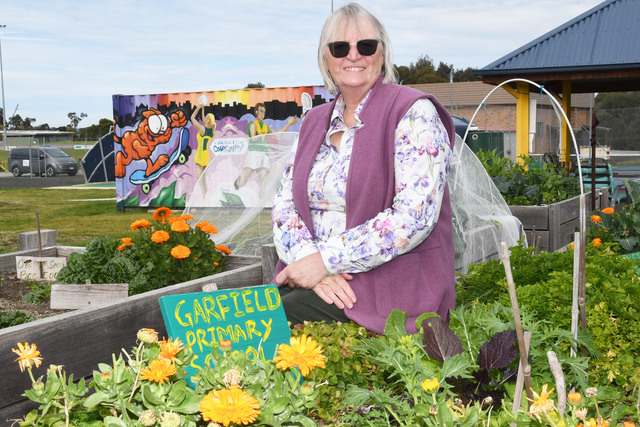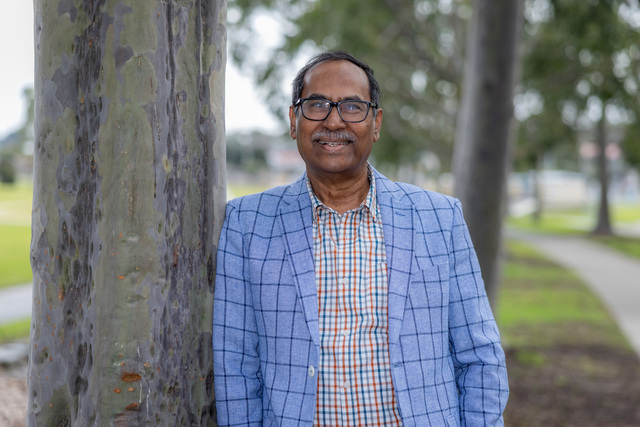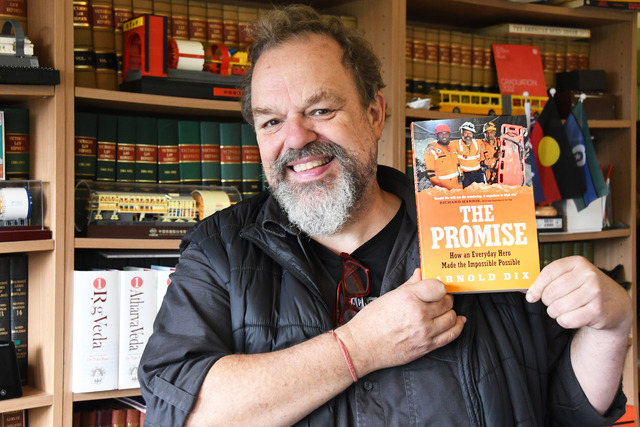Casey residents buried under the rising cost of mortgage and rental expenses received little reprieve in the State Budget.
The Andrew’s COVID debt repair plan will see new taxes instituted for landlords across the state.
The threshold for Victoria’s land tax will be lowered from $300,000 to $50,000.
Opposition parties say the Labor government is leaving property owners to foot the bill of Victoria’s astounding $116 billion COVID-19 debt.
The debt is expected to rise to $166 billion by 2026.
Shadow Minister for Finance Jess Wilson described the budget as “brutal” for Victorian households.
“A new property tax means higher rents at a time households are already under enormous cost of living pressures,” she said.
“Renters around the state are one rent rise away from homelessness, and yet there’s nothing in this budget for them,“ said Victorian Greens treasury spokesperson, Sam Hibbins.
Leader of the Victorian Greens, Samantha Ratnam MLC says “it’s clear Labor has its priorities wrong“.
“Short-term measures won’t fix the housing crisis,“ she said.
“In fact, this Labor Government is funnelling four times more into the racing industry than new spending on people in housing stress or experiencing homelessness.“
Suburbs across Casey have witnessed rents increasing by an average of $65 over the past five years.
Median prices range from $410 per week in Cranbourne to a whopping $675 per week in Devon Meadows.
According to realestate.com.au and Canstar, rental expenses should make up no more than 30 per cent of an individual’s income.
Right now, a single mother in a three bedroom Cranbourne home would have to earn $1500 per week, or $78,000 per year, to satisfy the 30 per cent rule.
In January 2023, Domain data showed Cardinia having a 0.4 per cent vacancy rate for rentals.
Casey’s current vacancy rate is just 0.5 per cent.
According to Eview Real Estate, a balanced market has a vacancy rate of around 3 per cent, allowing for the movement of renters in and out of properties.
The rental crisis in Casey and surrounding areas is no new news.
“My only income is Centrelink JobSeeker, and 90 per cent of the pension goes on rent,“ tenant Melinda Bensch said.
“We had to move out of our rental due to the owners wanting to move back in because of financial reasons,“ another tenant Angela Smeath said.
“We couldn’t get a lease anywhere so have now moved interstate.“
Casey renter Lee Robinson says the state of the rental economy is “demoralising“.
“There’s so many people seeking a property and the chance of getting a house is so low,“ he said.
“Governments need to put a cap on rental property prices, it’s the only way to help the Australian people.“
Another tenant Aya Rains said it took her family eight months to find a rental property.
“There was 50 people at every inspection, as $400-$450 is the price everyone is looking around for affordability,“ she said.
The 2023/24 budget offered some relief in the form of free three-year-old kinder, fairer public transport fares and another round of the $250 Power Saving Bonus.
Those without homes have been noted in the budget, with $134 million set aside for homelessness support.
The Council to Homeless Persons says this is a step in the right direction.
“We are pleased to see this budget delivers some desperately needed support for rough sleepers through investment in Housing First responses,“ said Council to Homeless Persons CEO Deborah Di Natale.
“Still the State Government should commit to building at least 6000 social housing properties each year for a decade.“
But it is clear the ongoing havoc of the rental economy is not Labor’s top priority, according to opposition parties.
A parliamentary inquiry into the state’s ongoing rental crisis was knocked back by the Labor government on Wednesday 17 May.
Despite the motion being supported by Legalise Cannabis, Animal Justice Party, the Greens and the Opposition, it was halted by Labor in the Upper House when they sided with disgraced anti-trans MP Moira Deeming to block the inquiry.
The Greens say their proposed inquiry would have “put the problems and the solutions squarely in front of the Government, and compelled them to act“.
Victorian Greens renters’ rights spokesperson, Gabrielle de Vietri, said voting down the inquiry was a “slap in the face to renters“ who are “one rent rise away from eviction, or homelessness“.
“We’re seeing retired women sleeping in cars, and families with school kids living in tents,“ she said.
“Yet rather than find the solutions to help them, this Government has sided with the property industry and the right-wing crossbench to stall any meaningful reform.“
South Eastern MP Micheal Galea says the “other parties want an inquiry to allow them to grandstand“.
“This Government is taking action to address both rental affordability and fairness, including the $5.3 billion Big Housing Build,“ he said.
“The Andrews Labor Government have made the renting system fairer through some 130 reforms, such as outlawing rental bidding, making it easier for tenants to get their bonds back, and allowing tenants to keep pets and make minor modifications to their homes.“
The Greens are now petitioning for a national rent and interest rate freeze, capping future rental increases to 2 per cent.
“Labor has the power to fix the housing crisis, they’re just choosing not to,“ the Greens petition says.
Wayss General Manager Shari McPhail recently explained homelessness rates in the Greater Dandenong area have risen by 13 per cent since 2016, while affordable rentals have decreased by 6.5 per cent.
“Rising homelessness and decreasing available affordable properties in our area have seen a 61 per cent increase in the number of families and singles entering our services,“ Ms McPhail said.
“This demand for housing and services is outweighing supply and coupled with the complex needs that Wayss clients are presenting with, our services are stretched.“
Cranbourne West’s VHLS Rental Department Manager Courtney Shaw says the rental crisis has inflated incorrect perceptions of landlords.
“There is a perception that rental providers are rich and wealthy and this is not always the case,“ she said.
“They are struggling families too and affected by the rising cost of living.
“We are currently seeing the average rent increase to be $40- $60 a week across many properties, in previous years the average was only $10 a week.
“Unfortunately this has increased by the rising cost in living, interest rates, compliance checks now needed in all properties, and rental providers selling.“
Mrs Shaw says around 20 per cent of rental providers are selling.
“They can no longer afford to keep their investments,“ she said.
St George economists have predicted another 11.5 per cent increase in rent prices across the state this year.







